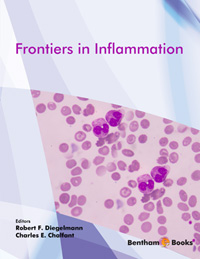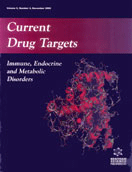Abstract
Inflammatory bowel diseases, Crohn’s disease and ulcerative colitis, are characterized by uncontrolled inflammation of the intestine. Recent advances in the pathogenesis of inflammatory bowel disease have identified over 160 genetic variants conferring risk of disease. Analysis of the intestinal microbiome has also revealed alterations in the diversity in the composition of commensal and pathogenic bacteria. The combined effects of genetic polymorphisms and dysbiosis combine to result in altered activation and regulation of the intestine’s innate immune and adaptive immune systems that result in sustained inflammation. In this review we highlight advances that have elucidated the complex alterations and interactions that shape the inflammatory response of the intestine in the setting of inflammatory bowel disease.
Keywords: Adaptive immunity, Bacterial antigen, Damage-associated molecular pattern molecules, Gut microbiota, Innate immunity, Intestinal barrier function, Pathogen-associated molecular pattern molecules, Th1 cytokines, Th2 cytokines, Th17 cytokines, Toll-like receptors, Treg cytokines.






















